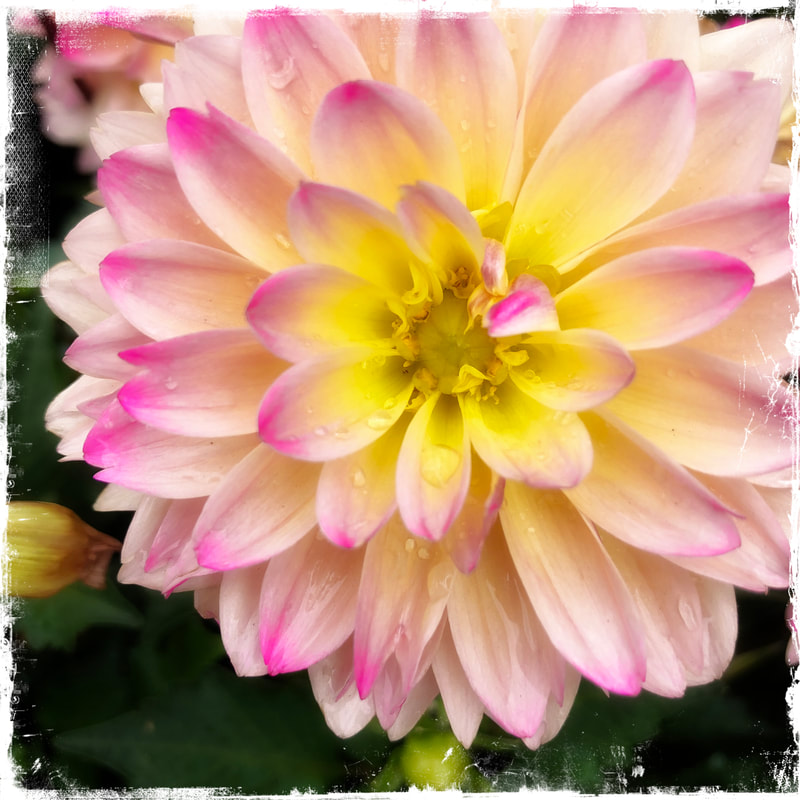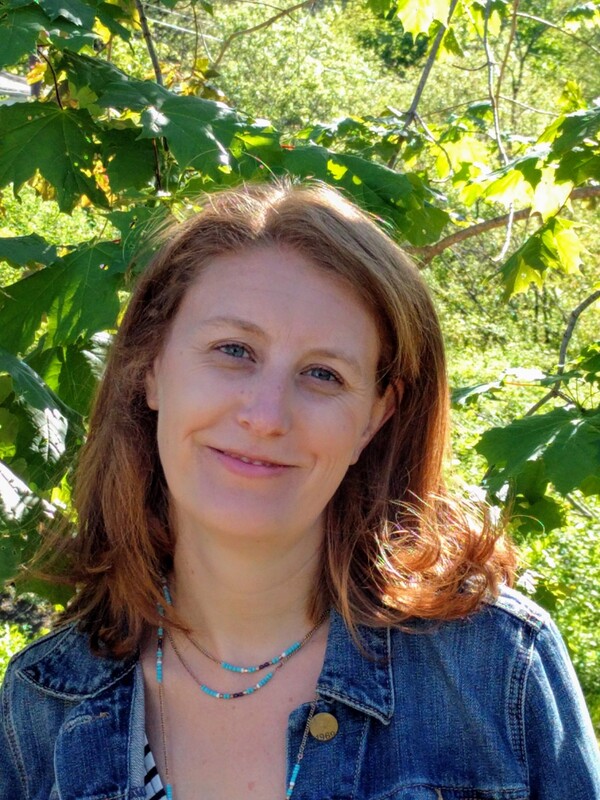ASSAY: A JOURNAL OF NONFICTION STUDIES
7.1
7.1
|
Mothers were the best. Mothers worked and worried and sacrificed and had the smallest amount on their plates when the family sat down to eat, mothers wore aprons and slaved, and mothers went to the confraternity on a Sunday evening and whispered things to each other in the chapel grounds about their wombs and woes.
-- Edna O’Brien, Mother Ireland A woman’s place is in the home, caring for her children, according to Irish law. Article 41.1.2 of the Irish constitution states “that by her life within the home, woman gives to the State a support without which the common good cannot be achieved.” Furthermore, the state “shall endeavor to ensure that mothers shall not be obliged by economic necessity to engage in labour to the neglect of their duties in the home.” In a few sentences, all women in the newly founded Republic of Ireland were defined as mothers and confined to the domestic. In multiple reports of the UN Committee on the Elimination of Discrimination Against Women (CEDAW), the group has recommended constitutional reform of Article 41.1.2, along with general language changes, to rectify the persistent stereotyping experienced by the women of Ireland, but as of June 2020 it remains untouched. In Edna O’Brien’s Mother Ireland, her lyrical memoir and portrait of rural Ireland during her childhood in the 1940s and 1950s, published in 1976, reaches for the deep cultural associations with women as Ireland, with women as the State: “Countries are either mothers or fathers, and engender the emotional bristle secretly reserved for either sire. Ireland has always been a mother, a womb, a cave, a cow, a Rosaleen, a sow, a bride, a harlot, and of course the gaunt Hag of Beare.”
Hearing this for the first time in a lecture hall at Trinity College Dublin, I scoffed with my fellow students at the backwards absurdity of the language, but I also assumed it was a humorous relic of a past. Although I knew abortion was illegal in Ireland, my knowledge didn’t stretch to connecting the constitutional ban on abortion, enshrined in the 8th amendment added by popular vote in 1983, the constitutional definition of women as homemakers and the systematic erasure of the reality of mothering from Irish history and contemporary public systems and policies. Perhaps more importantly, not once during that study of history and politics, and a later graduate course in social politics, and career in government and social inclusion policy, did I ever learn about Irish motherhood as a political institution. My reckoning with Irish motherhood as an institution coincided with the escalation of the Abortion Rights Campaign (2017-2018) because I had begun to write essays about my own mothering experiences in Ireland. The campaign was successful in repealing the 8th amendment, but it also irreversibly changed Irish society’s understanding and representation of the experience of women around pregnancy, motherhood and autonomy to choose neither. Irish scholars and activists argue in both volumes of The Abortion Papers Ireland that the abortion issue is an embedded debate about the societal construction of motherhood, family, gender norms and ultimately, the control of humanity’s reproduction. These constructions had a further complex connection to an Irish identity created by the Catholic Church and Ireland’s political relationship with Britain. Prior to 2018’s referendum, abortion remained criminalized and punishable based on the British legal framework, the 1861 Offences Against the Person Act. The “right to travel” outside Ireland for an abortion and the right to obtain or provide information about abortion (outside the state) services was added to Irish law following high-profile court cases taken by women against the State in the 1990s. The success of the campaign to repeal the 8th amendment suggests its power lay partly in the writing and storytelling about a motherhood that includes diverse experiences of pregnancy, consent, choice and loss. Bypassing paths to traditional publishing, in which women authors still are underrepresented, and nonfiction writing on abortion confined to academic publications, writers published their essays, poetry and spoken word on social media platforms and in self-published anthologies, like In Her Shoes and Repeal the 8th. The changed discourse and acceptance in the public and political domain of these voices and experiences, feasibly arose from changes in culture but also changed culture, such as the representation of motherhood in literature. Both scholarship of literary representations of Irish motherhood and Irish nonfiction in general is almost nonexistent so frameworks for the analysis of abortion and wider mothering narratives must rely on the existing studies of motherhood in Irish fiction, abortion discourse in the media, and analysis of abortion discourse in politics. Considering the erasure of mothering from history and the cultural ideals embodied in the persistent tropes of the Virgin Mary, Mother Ireland, and the Irish Mammy, it is reasonable to assume this erasure has impacted contemporary Irish nonfiction written, published and lauded in contemporary literature. Much has been written about the gendered construct of national identity in the canon of Irish literature and discrimination against women in public life so I will not review here, but instead ask how perhaps this marginalization or dismissal of motherhood and pregnancy, let alone abortion, as banal, was part of the reason these Irish women writers who wrote about Ireland’s abortion laws and campaigned for political change in 2018 had such an impact. Feminist scholarship, beginning with Adrienne Rich’s seminal Of Woman Born (1976), contends that maternal narratives, by “unmasking motherhood” and “redefining maternal roles and subjectivities” are a key tool to redefining and reclaiming maternity from a patriarchal institution (O’Reilly 5). However, I contend that the blanket silence around Irish motherhood in contemporary literature, history and politics is uniquely persistent and so must be placed in context. Áine McCarthy categorized the limited representations of mothers in Irish contemporary fiction into three widely reproduced stereotypes: the Good Mammy, an idealized self-sacrificing provider of “self-less love and good dinners”; Moaning Mammy, passive and miserable type drained of life by her feckless/alcoholic husband and brood of children; and the Smother Mother, dominant matriarch who controls all aspect of her adult children’s (sons’ especially) lives. Across all three tropes, the Irish Mammy is pious, pure, devoted to sons, demanding of daughters (and worse to in-laws), and supremely concerned with respectability and reputation among the neighbors/parish (114). This Irish Mammy only comes into being after she has children and her agency and power are relational to other characters in the story. The reality of this woman’s choice in pregnancy and motherhood is not part of her story because it assumes all women will be mothers by choice and their identity in Irish society will be shaped by this role. McCarthy argued in 2010 that “motherhood remains the great terra incognita in Irish literary criticism” despite (hard won) gains by Irish women writers in recent decades. Abortion, pregnancy loss and reproductive healthcare have been linked to national identity for Irish women, and yet their absence from stories and literature alongside the absence of autonomous mothers with agency, marginalizes these women and relegates their experiences to the private, domestic - unworthy of public value.
|
|
Colleen Hennessy is a graduate of Stonecoast MFA at the University of Southern Maine, where she studied creative nonfiction writing, and taught writing and research to social work undergraduates. She also holds a MA in community development from the National University of Ireland, Galway and a BA in political science from Tufts University. She has authored contributions to two books: A Living Countryside: The Politics of Sustainable Development and Catholic Women Speak. Her writing has also appeared at CNN, The Irish Times, Ms. Magazine, and Ploughshares blog among others. She is currently working on a nonfiction book about her experience of motherhood and immigration in Ireland.
|

